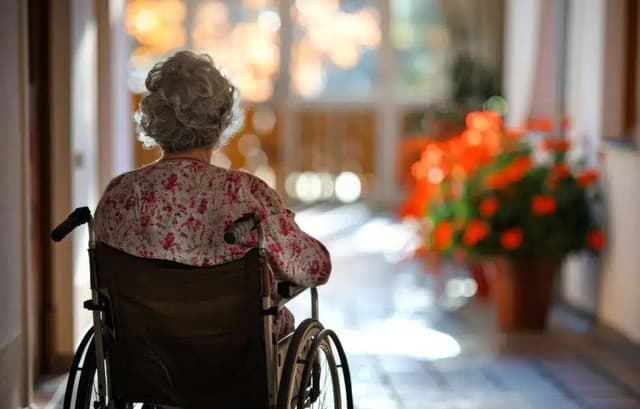
Ashley joins Michael Hill Trial Law as a Paralegal. Ashley obtained her Bachelor's Degree in Human Development and Family Studies from Kent State University. She is presently a graduate student enrolled in the Clinical Mental Health program at Malone University. Her commitment lies in promoting mental well-being and is dedicated to making a positive impact in the field.
In her professional role at Michael Hill Trial Lawyers, she is dedicated to supporting families in their pursuit of justice and closure in elder abuse cases. This role allows her to combine her passion for mental health advocacy with a commitment to ensuring the safety and well-being of vulnerable individuals within the community.
Ashley resides in the historic community of Hartville, Ohio. She is a new mother to a beautiful baby boy who brings boundless joy into her life. In her free time, she enjoys spending time with her family, including her two cats named Whiskey and Peaches, watching documentaries, and enjoying the outdoors.
view all resources

For many families, ensuring their loved one receives the right medications is one of the primary reasons for choosing a nursing home. With complicated medication regimens and fragile health, elderly residents are particularly vulnerable to medication mistakes. Unfortunately, medication errors are one of the most common—and dangerous—forms of nursing home neglect and can quickly lead to irreversible harm.

For many families, placing a loved one in a nursing home is a decision made out of care and concern for their safety. However, while physical and emotional abuse are well-known risks, financial exploitation is a quieter, often invisible danger that can rob seniors of their life savings and sense of security. Financial exploitation in nursing homes is an increasingly common issue, and understanding how it happens—and how to prevent it—is essential for any family.

Nursing homes are meant to offer care, community, and compassion for seniors who need support in their later years. Yet, for far too many residents, the experience can be marred by a more subtle, but equally harmful, form of mistreatment: emotional or psychological abuse. While physical abuse leaves visible marks, emotional abuse leaves scars that can last a lifetime—impacting seniors’ mental health, sense of safety, and overall quality of life.

Nursing homes are meant to be safe havens for our aging loved ones—a place where they can receive the care, dignity, and respect they deserve in their later years. Unfortunately, nursing home neglect is an ongoing and deeply troubling issue throughout the United States. While abuse is sometimes visible and shocking, neglect often goes unseen, quietly robbing seniors of their health, happiness, and even their lives. Understanding what nursing home neglect looks like, why it happens, and what families can do is critical for protecting those who are most at risk.